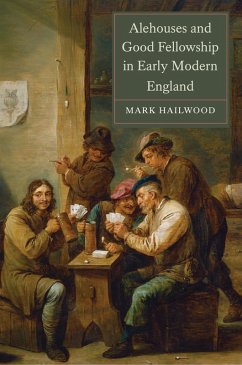Offers a fresh perspective on the role of the court in late medieval Scotland, framing it within the wider field of court studies, highlighting its centrality to the effective government for which James IV is renowned.
James IV is regarded by many historians as the most charismatic and politically successful of Scotland's rulers, with his royal court, and the institution of the royal household which underpinned it, at the heart of his reign. This book, the first comprehensive examination of the subject, takes the structures and personnel of the household - from councillors to stable-hands - as the foundation for its study of the court and its role.
Beginning by looking at the distinction between household and court and the structures imposed by the household on the court, Hepburn utilises this framework to explore the lives of the people moving within it, both in terms of their duties as royal servants and their broader social and political worlds. The book argues that these people were both audience and performer in the court, receiving and producing messages about the king, royal government and the status of groups and individuals. Association with the household also became a feature of life for people away from the court, through the household-related terms in which they were described and through the lands they held. Overall, it highlights the central role of the court in the effective conduct of royal government for which James IV is renowned.
James IV is regarded by many historians as the most charismatic and politically successful of Scotland's rulers, with his royal court, and the institution of the royal household which underpinned it, at the heart of his reign. This book, the first comprehensive examination of the subject, takes the structures and personnel of the household - from councillors to stable-hands - as the foundation for its study of the court and its role.
Beginning by looking at the distinction between household and court and the structures imposed by the household on the court, Hepburn utilises this framework to explore the lives of the people moving within it, both in terms of their duties as royal servants and their broader social and political worlds. The book argues that these people were both audience and performer in the court, receiving and producing messages about the king, royal government and the status of groups and individuals. Association with the household also became a feature of life for people away from the court, through the household-related terms in which they were described and through the lands they held. Overall, it highlights the central role of the court in the effective conduct of royal government for which James IV is renowned.
Dieser Download kann aus rechtlichen Gründen nur mit Rechnungsadresse in A, D ausgeliefert werden.









